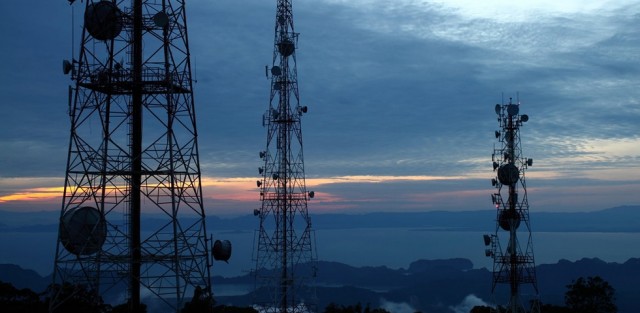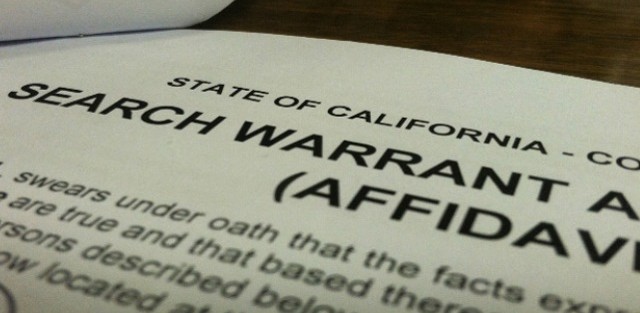4th Circuit rules that obtaining cell site location data requires a warrant

The split among appellate courts on the privacy of cell site location data raises the likelihood that the issue will need to be addressed by the U.S. Supreme Court.
 SecurityArchitecture.com
SecurityArchitecture.com

